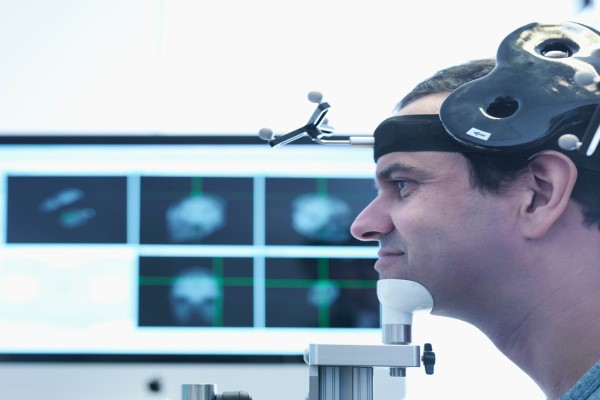What to Expect During TMS Depression Treatment

Some patients with depression may need TMS (transcranial magnetic stimulation) to achieve a better quality of life. Conventional treatments have always been effective. Yet, some patients need an alternative way to achieve brain stimulation. TMS is an effective way for psychiatrists to treat patients without medication or surgery. If you want to know what you should expect from this type of depression treatment, here are the details.
A non-invasive path
A TMS treatment for depression is an outpatient procedure. The patient can leave the psychiatrist’s office as soon as a session finishes. Since it is not an invasive approach, the patient does not go into surgery, take medications, or receive sedatives. The patient can go back to normal daily activities following each session. TMS consists of a series of treatments that should last for four to six weeks. In some cases, some patients may not need more treatment or take any medication once the sessions are complete.
There is no pain
The psychiatrist will always make sure that the TMS treatment is tolerable for the patient. Psychiatrists have full control of the devices. Each one’s intensity can increase or decrease, depending on the patient’s tolerance. There is a vibrating or tapping sensation, with a clicking sound. The psychiatrist can give the patient earplugs to make sure the noise is not too loud.
Since TMS triggers the areas of the brain responsible for hand and foot movement, the patient may experience some twitching during the session. This is normal. The patient does not need to worry about it at all. This method can treat depression symptoms without lingering side effects.
Takes some time
The patient’s first TMS session can take about 60 minutes. The tech will measure the patient’s head first to find out where to place the coils. Then, the tech will assess the patient’s motor threshold. This is the lowest level of intensity that the TMS device will emit to stimulate movements in the patient’s hands. This threshold is also the level at which the patient will receive the treatment.
TMS sessions usually take around 20-40 minutes a day, five days weekly, for four to six weeks. Each session involves allowing the patient to do anything that generates positive thoughts. As the patient gets busy, the psychiatrist performs the TMS treatment. Usually, patients who finish the first course have complete remission.
Few side effects
TMS sessions have only a few side effects, the most common of which is a slight headache after each treatment. The headaches usually fade after the first week. That is why psychiatrists find this alternative treatment ideal. The patient may just rest to let the pain go away.
You can expect good things from TMS
Unlike conventional psychiatric treatments, TMS does not involve taking medications or going through surgery. This non-invasive approach does not have side effects either. That is why psychiatrists see TMS as a good alternative to conventional depression treatments. Talking to your psychiatrist allows you to have a tailor-fit session each time. This will help you gain more from your TMS treatment.
Are you considering TMS in the New York area? Get more information at https://nycpsychiatricassociates.com.
Check out what others are saying about our services on Yelp: Read our Yelp reviews.
Related Posts
While there is no cure for many long-term behavioral disorders, they may be successfully controlled with the right combination of therapy and other treatments. Behavioral issues such as obsessive-compulsive disorder, attention deficit hyperactivity disorder, and addiction disorders are prevalent nowadays.While there has been a lot of study into what causes behavioral disorders, including diverse fields…
Depression treatment can vary from patient to patient. However, all psychiatrists approach each patient with some basic techniques. These strategies can guide you through your depression treatment. Here are the details on how each mental health provider can guide you through your condition.The psychiatrist can prescribe antidepressants. These drugs can help correct the uneven chemistry…
Professional schizophrenia treatment is necessary due to the complexity of the mental health disorder. Psychiatrists characterize it as a range of hallucinations, delusions, jumbled thinking patterns, and sometimes a loss of emotional resonance or expressiveness. These are just some of the symptoms that make trying to manage the disorder independently nearly impossible and dangerous.Before developing…
Treatment-resistant depression is a leading reason patients seek antidepressant alternatives, but it is far from the only reason. Though typically a first-line treatment, antidepressants are not the only option and are not right for every patient. The following are some reasons these drugs may not work for you and alternative therapies a psychiatrist might recommend.In…


